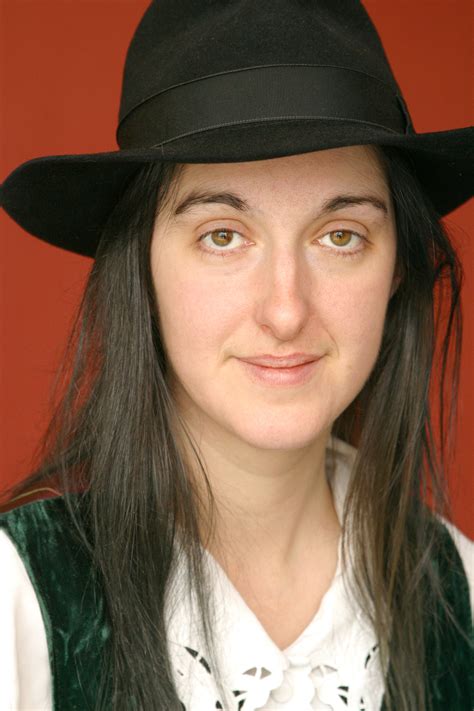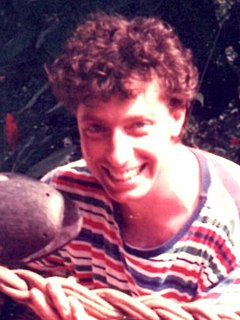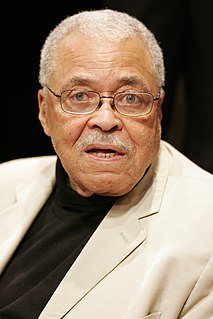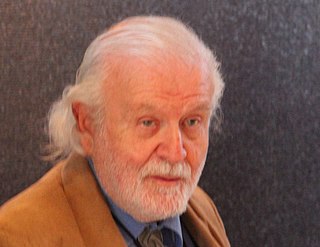A Quote by Neil Gaiman
Charitably... I think... sometimes, perhaps, one must change or die. And, in the end, there were, perhaps, limits to how much he could let himself change.
Related Quotes
Talking about creating truth tends to alarm people, because truth is meant to be 'just out there'. It doesn't take much thinking to appreciate that we sometimes change truths on the ground - sometimes just by words. A new law will change what is possible. I think - perhaps because the paradigm we follow tends to be scientific, and all about discovery - the creative element of truth is one upon which we don't focus so much attention. This is particularly so in anglophone philosophy, perhaps because we associate it too much with those 'pernicious' continental trends.
So, as we have our tea, I propose not only to operate on your heart so as to change your will, but also on your eyes so as to change your outlook. But wait a minute. No, I do not propose to operate at all. I myself cannot do anything of the sort. I am just mildly suggesting that you are perhaps dead, and perhaps blind, leaving you to think the matter over for yourself. If an operation is to be performed it must be performed by God Himself.
It's like in the great stories, Mr. Frodo. The ones that really mattered. Full of darkness and danger, they were. And sometimes you didn't want to know the end. Because how could the end be happy? How could the world go back to the way it was when so much bad had happened? But in the end, it's only a passing thing, this shadow. Even darkness must pass.
That's why I want to speak to you now. To say: no person, trying to take responsibility for her or his identity, should have to be so alone. There must be those among whom we can sit down and weep, and still be counted as warriors. (I make up this strange, angry packet for you, threaded with love.) I think you thought there was no such place for you, and perhaps there was none then, and perhaps there is none now; but we will have to make it, we who want an end to suffering, who want to change the laws of history, if we are not to give ourselves away.
Perhaps if we could popularise through the techniques of branding and consumerism, a different idea, a different narrative, perhaps the world can change. After all it changes constantly and incessantly, it's just the perceptions that we have are governed by people with self-interest and are not inalignment with the health and safety of us as individuals or as a planet.
I am persuaded to think that any climate change is bad because of the investments and adaptations that have been made by human beings and all of the things that support human existence upon this globe. Even minor fluctuations of climate could change the distribution of fish, … upset agriculture,…and inundate costal cities…… Such changes could occur at a faster rate perhaps than human society can evolve.
There seems to be something in the zeitgeist, and maybe it's a function of - I'm no analyst, nor am I a psychologist - when you look at things and say, What if I could go back and change things? I think we live in a world right now where people are asking those questions a lot. What if we could go back and change what we did? How would we change the way we handled things in the Middle East, and how would we change things with the banking industry, and how would we change economic and educational issues?


































